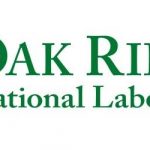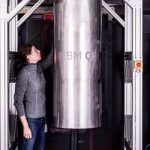New Protocol Correcting Errors Due to Qubit Loss May Be Key to Development of Large-Scale Quantum Computers

(SciTechDaily) An international research group developed and implemented a new protocol that allows for the protection and the correction of the fragile quantum information in case of errors due to qubit loss.
“Developing a fully functioning quantum processor still represents a great challenge for scientists across the world,” explains Davide Vodola who is one of the authors of the study as well as a researcher at the University of Bologna. “This research allowed us, for the first time, to implement a protocol that can detect and, at the same time, correct errors due to qubit loss. This ability could prove to be essential for the future development of large-scale quantum computers.”
When quantum computers elaborate the data, some qubits can be completely lost from the quantum registers or they can transition to unwanted electronic states. The outcome of both these processes is a loss that may render the quantum processor useless.
“To solve this problem, the first thing our research group did was to develop an effective theoretical approach to the issue,” says Vodola. “We managed to show that the information stored in a register with some qubits can be protected and fully retrieved in case one of these qubits gets lost.”
Then, the research group implemented this protocol in a real-life quantum processor. The research group came up with the solution of using an additional qubit that functions as a probe and can assess the presence or absence of other qubits without altering the computing process. This idea worked, allowing the researchers to successfully test their protocol in real-time.
“We are happy with the results of this test on the trapped-ion quantum processor of the University of Innsbruck,” confirms Vodola. “The same protocol can be implemented in different quantum computer architectures that are currently under development by other research centers or private institutions.”





















